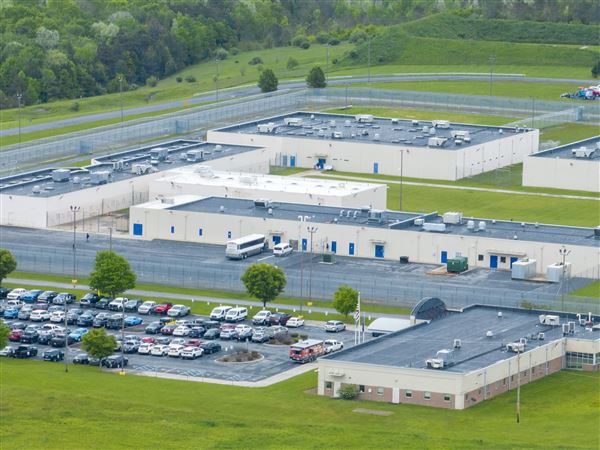WASHINGTON -- U.S. border security officials learned of intelligence about the alleged extremist links of the Christmas Day airline bomber as he was in the air en route to Detroit and had decided to question him when he landed, officials said in new disclosures yesterday.
The new information shows that border enforcement officials came close to uncovering the plot despite previous intelligence failures that were criticized by President Barack Obama this week. If the intelligence had been discovered sooner, it could have resulted in the interrogation and search of Umar Farouk Abdulmutallab before he boarded the Detroit-bound flight, according to senior law enforcement officials.
In Detroit yesterday, federal prosecutors filed a six-count indictment charging Mr. Abdulmutallab, 23, for his alleged role in the attempted bombing of Northwest Airlines Flight 253. Mr. Abdulmutallab already had been charged in a criminal complaint, and the indictment accuses him of placing a destructive device on an aircraft, attempted use of a weapon of mass destruction and other charges that carry a penalty of as much as life in prison.
"The people in Detroit were prepared to look at him in secondary inspection," said a senior law enforcement official, who requested anonymity because the investigation is ongoing. "The decision had been made. The ... database had picked up the State Department concern about this guy, that this guy may have been involved with extremist elements in Yemen. ... They could have made a decision on whether to stop him from getting on the plane."
Nonetheless, the revelations underscore the complexity of the intelligence and passenger screening systems that are the subject of comprehensive reviews to be revealed by the administration today.
Even if U.S. border enforcement officials had learned of the Nigerian's alleged extremist links in time, it is not clear that the intelligence was strong enough to cause Dutch officials to search him or block him from flying, officials said.
The threshold for requiring a foreign visitor to undergo special scrutiny upon arrival in the United States is considerably lower than criteria for preventing him from getting on the plane overseas, according to current and former law enforcement officials. That is why border enforcement officials rely heavily on terror watch lists, officials said.
"The public isn't aware how many people are allowed to travel through the U.S. who are linked, who intersect with bad guys or alleged bad guys," a national security official said. "It makes sense from an intelligence perspective. If they are not considered dangerous, it provides intelligence on where they go, who they meet with."
The intelligence about Mr. Abdulmutallab was discovered in a database by Customs and Border Protection inspectors based at the National Targeting Center in Washington once the plane was airborne, law enforcement officials said. The administration's review of screening now under way includes an effort to make more information accessible to U.S. inspectors further in advance of flights, the senior law enforcement official said.
Customs and Border Protection spokesmen declined to comment because the investigation is still open.
First Published: January 7, 2010, 5:00 a.m.














